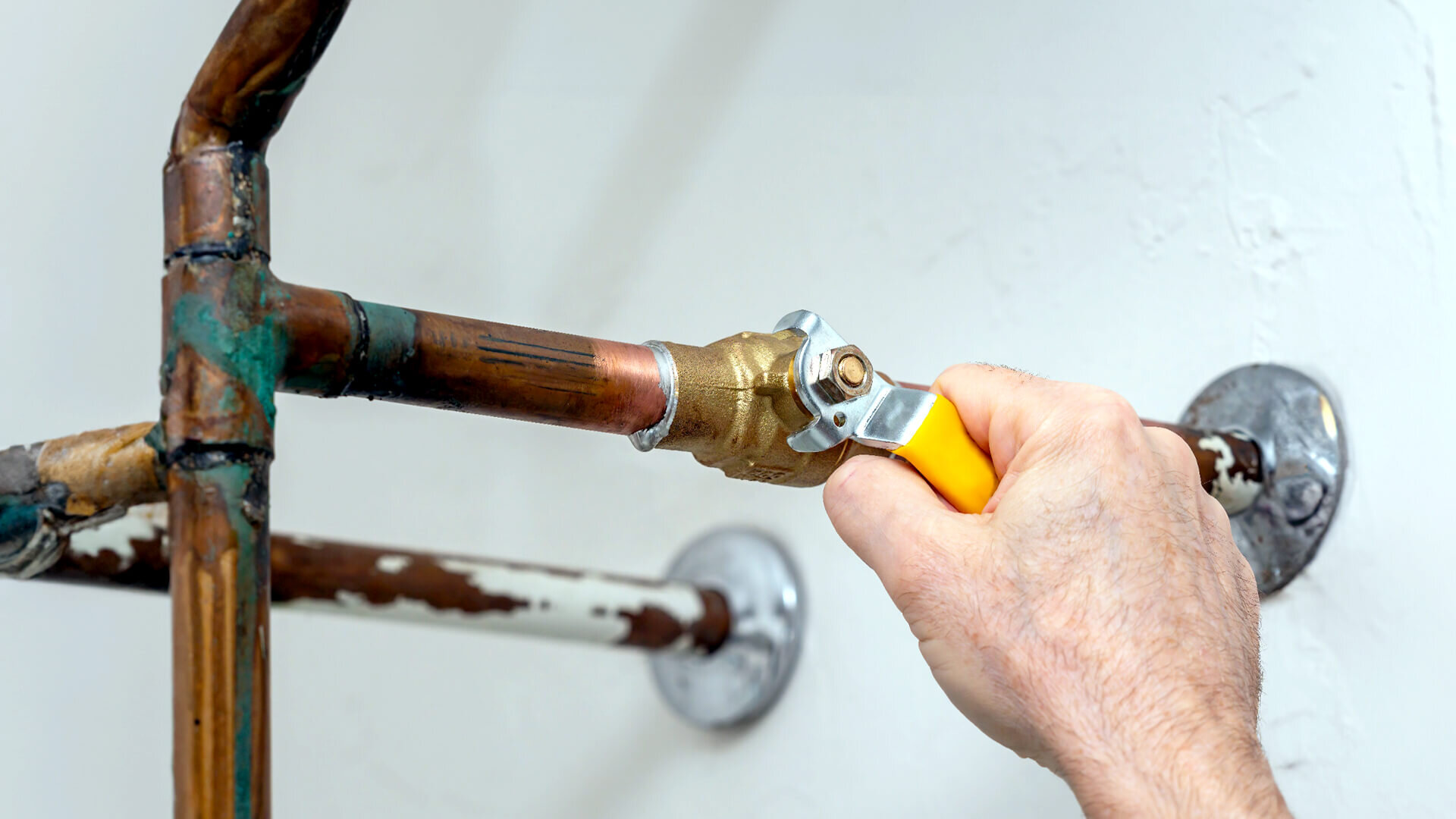Tips on How to Maintain Your Bathroom Plumbing: Essential Tips for First-Time Home Buyers
Tips on How to Maintain Your Bathroom Plumbing: Essential Tips for First-Time Home Buyers
Blog Article
This post directly below relating to Essential DIY Bathroom Plumbing Tips Every Homeowner is relatively informative. Give it a try and draw your own personal conclusions.

For brand-new homeowners, understanding and preserving washroom plumbing can save both money and time by avoiding pricey issues down the line. Right here are some crucial shower room pipes tips to help you maintain every little thing running efficiently.
Familiarize Yourself with the Key Shut-Off Shutoff
Understanding where the primary water shut-off valve lies in your home is essential. This enables you to swiftly shut off the water in case of significant leakages or during pipes emergency situations, avoiding substantial water damages.
Routinely Inspect for Leakages
Little leaks can lead to large troubles. Regularly inspect under sinks, around commodes, and near pipes fixtures for any indications of leaks. Seek dampness, little drips, or rust. Catching and fixing leaks early can stop extra significant damage and conserve water.
Do Not Overlook Slow Drains Pipes
If your sink or bathtub is draining pipes gradually, it's frequently a sign of a blockage developing. Addressing this very early can avoid a total obstruction. Utilize a bettor or a plumbing's serpent to clear out debris. Avoid utilizing chemical drain cleaners as they can damage your pipes over time.
Know What Not to Flush
Bathrooms are not garbage disposals. Prevent purging anything apart from toilet paper and human waste. Things like wipes, feminine health products, and cotton swabs must be disposed of in the garbage to avoid clogs and sewer back-ups.
Mount Strainers in Drains
Place strainers in your sink and bath tub drains pipes to capture hair and other particles before they enter your plumbing system. Cleaning up the strainers regularly will assist stop buildup and keep water moving freely.
Keep Your Hot Water Heater
Ensure your hot water heater is readied to a proper temperature (usually around 120 levels Fahrenheit) to prevent scalding and minimize power usage. Flush the tank annually to get rid of debris accumulation, which can lower the efficiency and life expectancy of your heating unit.
Upgrade Your Fixtures
If your home has older components, take into consideration upgrading to much more reliable models. Modern toilets, showerheads, and faucets are created to use much less water while supplying good stress, which can dramatically decrease your water bill and ecological footprint.
Be Cautious with DIY Pipes Repairs
While it's appealing to manage all home fixings on your own, beware with pipes. Some issues might call for specialist competence, particularly if they include primary water lines or sewer repair work. Hiring a professional can often be extra economical than do it yourself, particularly if it stops more damages.
Prepare for Cold Weather
Shield your pipelines from freezing throughout cold weather by insulating pipelines in unheated locations like cellars, attic rooms, and garages. During extreme cool, allow cold water drip from taps offered by revealed pipelines to assist avoid freezing.
Arrange Routine Maintenance
Consider organizing yearly examinations with a qualified plumber. They can find concerns that you could miss out on, such as hidden leaks or damage on pipelines and fixtures. Normal upkeep aids expand the life of your plumbing system and can stop emergencies.
Conclusion
Comprehending and maintaining your home's shower room plumbing can protect against many common issues. By adhering to these necessary suggestions, you can guarantee your bathroom stays functional and efficient, saving you money and time in the long run.
Essential Plumbing Tips for Homeowners: Keep Your Pipes Flowing Smoothly
As a homeowner, understanding the basics of your plumbing system can save you time, money, and a lot of headaches. Plumbing issues can range from minor annoyances like dripping faucets to major problems like burst pipes that cause significant damage. This guide provides essential tips to help you maintain your plumbing system and tackle common issues.
Understanding Your Plumbing System
Supply System: Brings fresh water into your home from a municipal source or a well. Drain-Waste-Vent System: Removes wastewater and vents sewer gases outside. Fixtures and Appliances: Includes sinks, toilets, showers, dishwashers, and washing machines. Basic Maintenance Tips
Regular Inspections: Periodically check for leaks, corrosion, and other signs of wear and tear. Look under sinks, around toilets, and near water heaters. Know Your Main Shut-Off Valve: In case of a major leak, you’ll need to shut off the water quickly. Ensure everyone in your household knows where the main shut-off valve is located. Prevent Frozen Pipes: In cold climates, insulate exposed pipes and let faucets drip during extreme cold to prevent freezing. Use Strainers: Install strainers in sinks and tubs to catch hair, food particles, and other debris that can cause clogs. Common Plumbing Issues and Solutions
Clogged Drains:
Prevention: Avoid pouring grease down the drain and use drain screens to catch debris. DIY Fix: Use a plunger or a plumbing snake to clear minor clogs. For stubborn clogs, a mixture of baking soda and vinegar can sometimes help. Leaky Faucets:
Prevention: Replace washers and seals regularly. DIY Fix: Turn off the water supply, disassemble the faucet, and replace worn parts.

Request A Quote Report this page